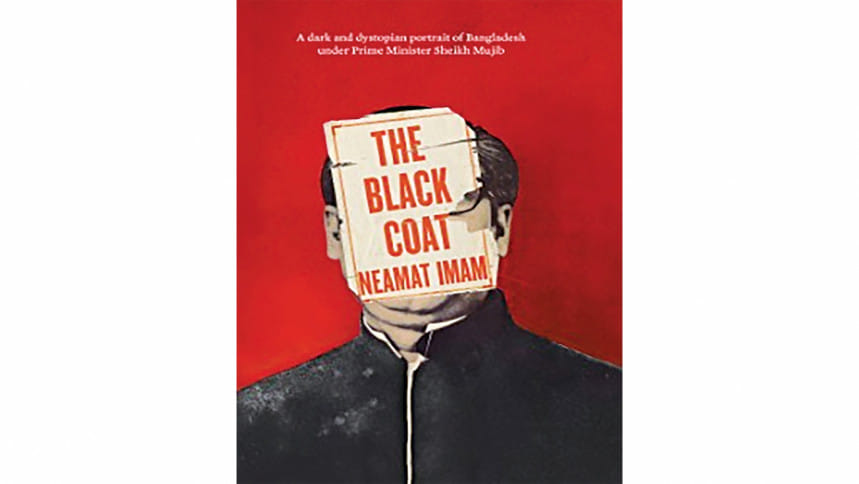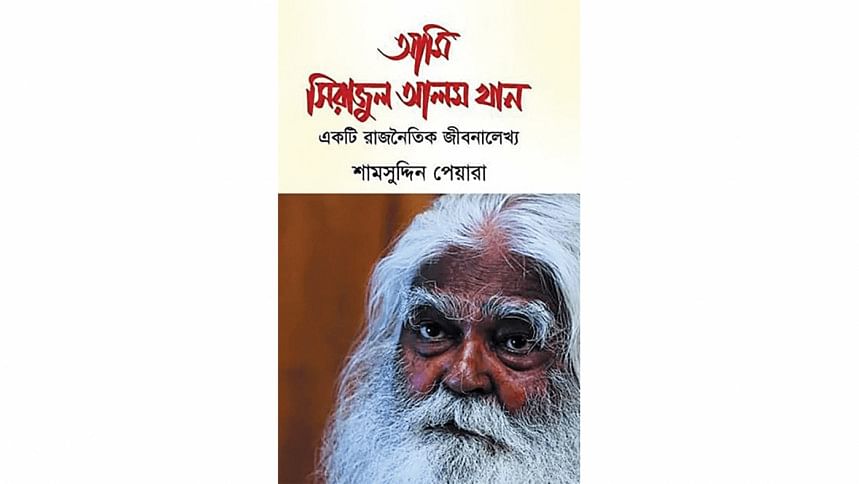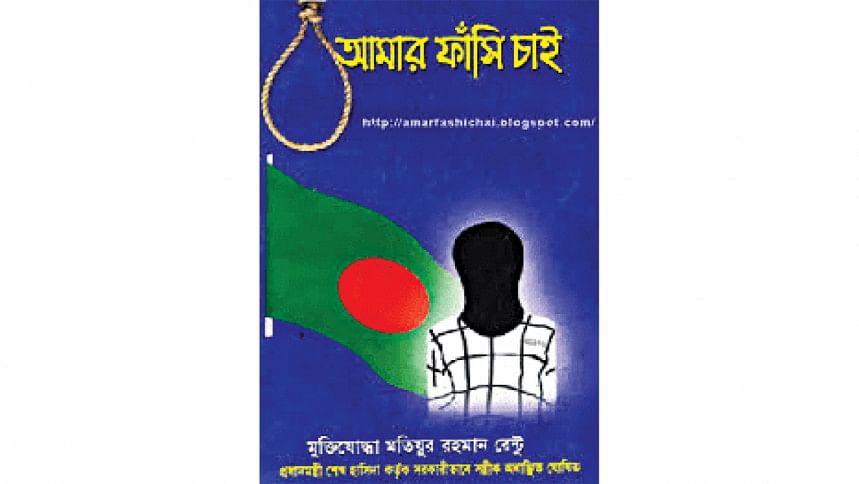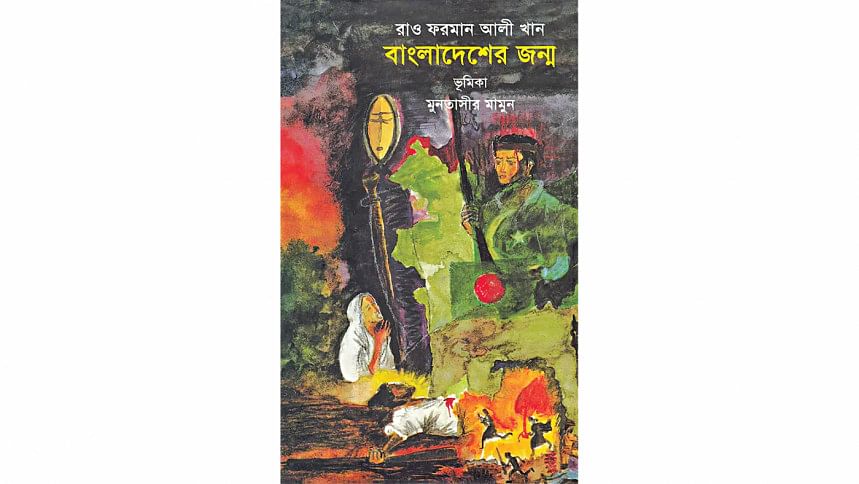Diverging perspectives: Exploring Bangladesh’s history through controversial narratives

When it comes to the history of Bangladesh both pre-and post-Liberation War, certain aspects have either remained hidden from the public or been deliberately obscured. The general understanding of this history is often oversimplified, usually presented from a single party's perspective, lacking the nuance it deserves. This list of books offers essential reading from various voices that present this history through different lenses—voices that were once drowned out by dominant narratives.
The Black Coat
Neamat Imam
Penguin Books India, 2013
This historical fiction novel explores Bangladesh's turbulent history during the period of 1972–75, a time marked by severe famine and widespread misgovernance under the Awami League, led by Sheikh Mujib. Given the longstanding taboo around discussing and criticising this era, this novel offers a fresh perspective by blurring the lines between fiction and fact.
The novel follows journalist Khaleque Biswas, who, after losing his job, mentors a simple country boy named Nur Hussain, ultimately transforming him into a counterfeit Sheikh Mujib. Set against the backdrop of Bangladesh's post-independence corruption and food shortages, the story provides a varied portrayal of Sheikh Mujib, depicting him as a totalitarian leader rather than the benevolent Father of the Nation he is often celebrated as.

Ami Serajul Alam Khan
Shamsuddin Payara
Sucheepatra, 2020
Serajul Alam Khan, one of the early leaders of the Bangladesh Chhatra League (BCL), has long been a figure of intrigue. His influence on both Bangladesh's independence and the post-independence struggles is a crucial part of our history. Although he never authored any books to tell his side of the story, this memoir offers insights into the life and contributions of this mysterious figure.
How did this man, who was Bangabandhu's most beloved and influential student leader, become one of the key figures in the anti-Bangabandhu movement in independent Bangladesh? Some of these questions are addressed in this book, while others, to this date, remain unanswered.

Amar Fashi Chai
Motiur Rahman Rentu
Shornolota O Bonolota, 1999
In the history of Bangladesh, one figure who has often remained cryptic is our former Prime Minister Sheikh Hasina. This book delves into that mystery, offering deeper insights into her character.
The author, who served as Sheikh Hasina's aide for nearly 12 years, from 1981 to 1997, wrote this book after being labelled "undesirable" by the regime for speaking out about certain irregularities within the Sheikh family. The book draws heavily from the author's personal experiences of working with the Awami League and criticises its leaders, particularly Sheikh Hasina. However, since the book was written after the author's dismissal, there are speculations that some stories may be exaggerated. Given that some of the accusations and criticisms cannot be independently verified, it might be a good idea to approach the book with an open mind.

Bangladesh Er Jonmo
Rao Farman Ali Khan
The University Press Limited (UPL), 1996
Following the 1971 Liberation War, which culminated in Pakistan's humiliating defeat, many Pakistani military officers began writing autobiographies. The intent behind these memoirs was often to obscure the crimes against humanity they committed in Bangladesh and to mask their guilt. Among them was Rao Farman Ali, a military officer often recognised as a central figure in orchestrating the 1971 Bangladesh genocide.
His book is carefully crafted to deflect blame from himself. Therefore, to fully grasp its context, it's crucial to read the insightful introduction provided by Professor Muntasir Mamoon. As readers, we often seek to understand history from the perspective of the victors. However, this book offers a rare glimpse into how Pakistanis may have perceived our Liberation War. While this book may be a controversial addition to any reading list, it is essential for understanding the mindset of the Pakistani military officers—in their own words—who brutally massacred Bangladeshis during the war.
Tasnim Odrika is a biochemist and a writer. She can be reached at

 For all latest news, follow The Daily Star's Google News channel.
For all latest news, follow The Daily Star's Google News channel. 



Comments